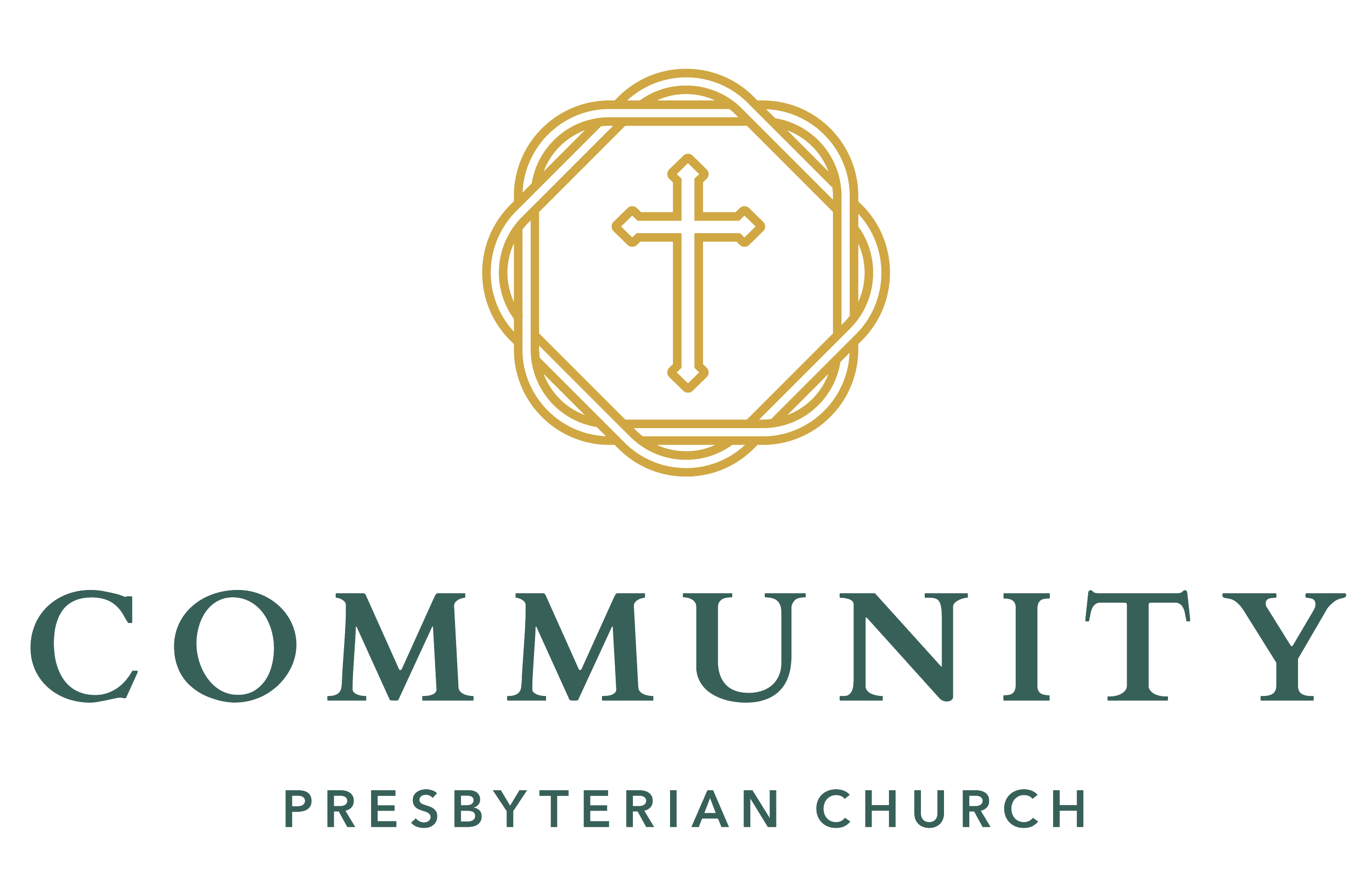imago Dei
A great deal of the trouble and turmoil our world is facing currently (racism, violence, abortion, sexual confusion come to mind) stems from a lack of understanding of what the imago Dei is. And no, the problem isn’t that it’s Latin. Quite literally, the imago Dei is the image of God, and it’s what Genesis 1:26-27 tells us we were made in. Imagine that, we were fashioned after God himself. Theologians have argued and postulated for centuries what exactly constitutes the image of God in man—is it man’s physicality? emotionality? discernibility? We don’t have the time to get into that now. What we can say about being made in God’s image is this:
- It’s true of all—not some—of humankind.
- It is not true of any other creature in all of the universe. In this way, man has an inherent dignity. This dignity is discarded in acts of racial hatred, which say that a person’s skin color or ethnicity makes them somehow less of an image bearer. This dignity is discarded when unborn lives are snuffed out, saying that somehow being in the womb makes one less of an image bearer.
- We honor God by honoring that which bears His image. Inversely, we dishonor God by harming His image in humankind, and we can expect repercussions (Genesis 9:6).
- If for no other reason, we owe God our lives because we are made in His image. Recall what Jesus said to the Pharisees regarding paying taxes. “Show me a denarius. Whose likeness and inscription does it have?” They said, “Caesar’s.”He said to them, “Then render to Caesar the things that are Caesar’s, and to God the things that are God’s.” (Luke 20:24–25). Just as the coin bore Caesar’s likeness and thus was owed to him, we bear God’s likeness and owe ourselves to Him. Today’s culture needs a wakeup call: we do not own ourselves, we cannot do whatever we want to or with our bodies. We belong to God.
- Not only were we made in God’s image, but we are being remade into God’s image (Col. 3:10). Before the Fall, man was the clearest beacon of God’s glory. Sin snuffed that out. But Christ has come, has died, to relight that beacon, to reclaim that image. Ought this not move us to love God for His care in creating us and the extent to which He would go to remake us? Ought this not move us to love our neighbor—no matter who that neighbor may be—when we recognize they, too, share the glory of God in their very person?
Let us then seek to reflect upon what it means that we are a reflection of God Himself. Let our lives be shaped by the shape into which God has made us.
